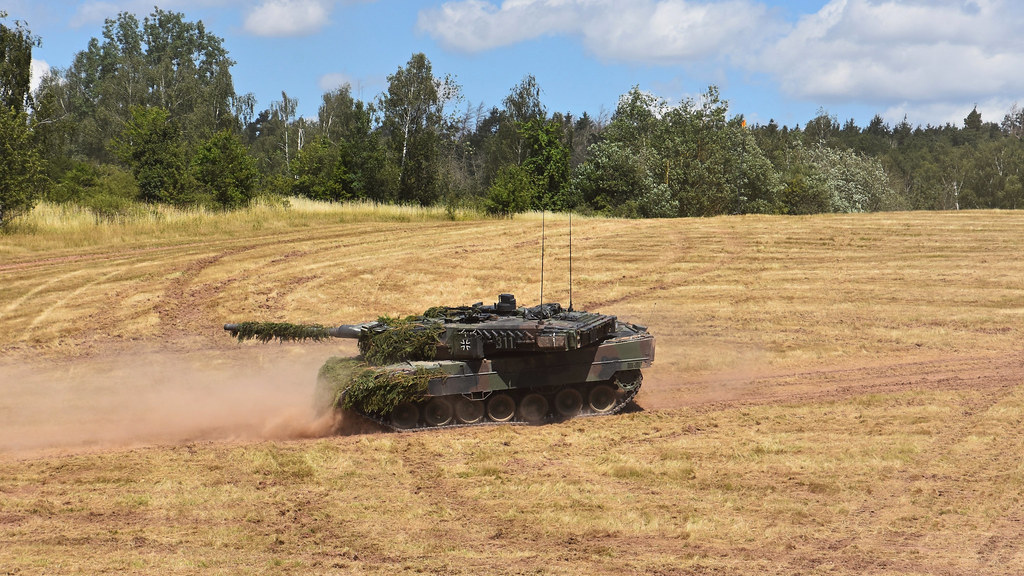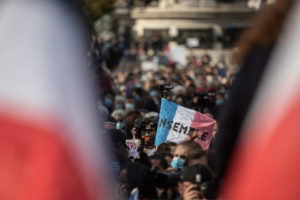Letter from La Vigie, 3rd August 2022

Rearming Germany
The Federal Chancellor’s intention to make the German army the first in Europe raises historical, material and human challenges for Germany. However, this view is incomplete, because deterrence, the construction of a European army and its articulation with national armies are implicitly included in the German announcement. This should give rise to new strategic considerations.
To read the article, click here
Lorgnette: an end to Al Qaeda
On 31 July, an American drone killed Ayman al Zawahiri in Afghanistan. This Egyptian doctor is of interest. As a young man, he joined the Muslim Brotherhood and was fascinated by Sayyd Qutb, a leader of the Muslim Brotherhood who was executed by Nasser in 1966 and was a proponent of radical Islam. Thus, Zawahiri made the connection between this radical current stemming from the Brotherhood and what would become Al Qaeda.
At the end of the 1980s, after a few years in prison, he went to Pakistan and joined forces with O. bin Laden, with whom he became his personal physician and founded Al Qaeda. They broke with the Brotherhood and theorised a global Islamic struggle. After bin Laden’s death in 2011, he took over the leadership of the movement even though he lacked the charisma of his predecessor.
The American strike symbolically closes a cycle: that of the misnamed ‘war on terror’ which has influenced all the strategic thinking of the last twenty years. It comes at a time when the Taliban reign in Kabul and the United States is engaged in other challenges: support for Ukraine and confrontation with China. This poor record does not mean that jihadism has succeeded: indeed, it is still with us.
Reading notes
For your holiday reading, we suggest the following books:
- Le traquenard (Boustani et Seznec)
- Risques et dérives de la vie religieuse (de Lassus)
- Le travail invisible (Gomez)
- Aimer l’armée, une passion à partager (Bentegeat)
- Traité de stratégie (Coutau-Bégarie)
- Pourquoi la dissuasion (Roche)
- La houle s’en allait au levant (Finaz)
- Opération poker (Maigret)
- Les voies de la puissance (Ancel)
- Les guerres de religion (miquel)
- Les abeilles grises (Kourkov)
- Un général des généraux (Boucq et Juncker)
To read them, click here
Subscribers: click directly on the links to read online or download the pdf issue (here), always with your login/password. New readers: read the article by issue, by clicking on each article (€2.5), or subscribe (discovery subscription €17, annual subscription €70, orga. subscription €300 excl. tax): here, the different options.
JOCVP
Photo credit: Tobi NDH on Visualhunt.com


